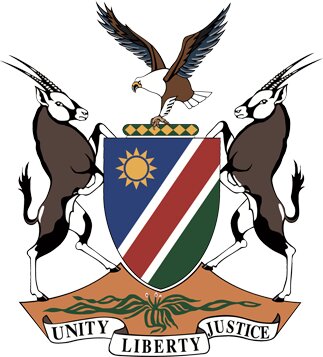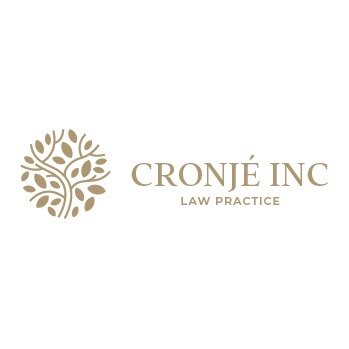Best Land Use & Zoning Lawyers in Namibia
Share your needs with us, get contacted by law firms.
Free. Takes 2 min.
Free Guide to Hiring a Real Estate Lawyer
Or refine your search by selecting a city:
List of the best lawyers in Namibia
About Land Use & Zoning Law in Namibia
Land use and zoning laws in Namibia govern how land can be used and developed in different areas. These laws aim to regulate the use of land to ensure that development is done in a sustainable and organized manner.
Why You May Need a Lawyer
You may need a lawyer for issues related to land use and zoning in Namibia if you are facing challenges with obtaining zoning permits, dealing with zoning violations, or navigating complex land use regulations.
Local Laws Overview
In Namibia, land use and zoning laws are primarily regulated by the Regional Councils Act, the Town Planning Ordinance, and various municipal by-laws. These laws establish zoning regulations, land use classifications, and procedures for obtaining permits for development projects.
Frequently Asked Questions
1. Can I change the zoning of my property in Namibia?
Yes, it is possible to apply for a rezoning of your property in Namibia. However, the process can be complex and may require legal assistance.
2. What are the penalties for zoning violations in Namibia?
Zoning violations in Namibia can result in fines, penalties, and even legal action to enforce compliance with the zoning regulations.
3. Do I need a permit to develop my land in Namibia?
Yes, you typically need a permit from the local municipality or regional council to develop land in Namibia. The type of permit required will depend on the nature of the development project.
4. How can I appeal a zoning decision in Namibia?
You can appeal a zoning decision in Namibia through the relevant local authority or appeal tribunal. Legal representation may be beneficial in this process.
5. What are the environmental considerations in land use planning in Namibia?
Land use planning in Namibia must consider environmental factors to ensure sustainable development, biodiversity conservation, and the protection of natural resources.
6. Can I subdivide my land in Namibia?
Subdividing land in Namibia is possible, but it requires compliance with relevant subdivision regulations and obtaining the necessary approvals from the municipality or regional council.
7. How can I check the zoning of a property in Namibia?
You can check the zoning of a property in Namibia by reviewing the zoning maps and regulations available from the local municipality or regional council.
8. What are the different zoning classifications in Namibia?
Common zoning classifications in Namibia include residential, commercial, industrial, agricultural, and recreational zones, each with specific permitted land uses and development standards.
9. How can I identify property boundaries in Namibia?
Property boundaries in Namibia are typically determined by a registered land surveyor who prepares a cadastral survey plan indicating the exact boundaries of the property.
10. Can I challenge a zoning regulation in Namibia?
You can challenge a zoning regulation in Namibia through legal means, such as appealing to the relevant authorities or seeking legal counsel to challenge the regulation in court if necessary.
Additional Resources
For more information on land use and zoning laws in Namibia, you can refer to the Ministry of Urban and Rural Development, the Namibia Planning Advisory Board, and local municipality websites for guidance and resources.
Next Steps
If you require legal assistance with land use and zoning issues in Namibia, consider contacting a qualified attorney with expertise in this area of law. They can provide you with guidance, represent your interests in zoning matters, and help navigate the complexities of land use regulations in Namibia.
Lawzana helps you find the best lawyers and law firms in Namibia through a curated and pre-screened list of qualified legal professionals. Our platform offers rankings and detailed profiles of attorneys and law firms, allowing you to compare based on practice areas, including Land Use & Zoning, experience, and client feedback.
Each profile includes a description of the firm's areas of practice, client reviews, team members and partners, year of establishment, spoken languages, office locations, contact information, social media presence, and any published articles or resources. Most firms on our platform speak English and are experienced in both local and international legal matters.
Get a quote from top-rated law firms in Namibia — quickly, securely, and without unnecessary hassle.
Disclaimer:
The information provided on this page is for general informational purposes only and does not constitute legal advice. While we strive to ensure the accuracy and relevance of the content, legal information may change over time, and interpretations of the law can vary. You should always consult with a qualified legal professional for advice specific to your situation.
We disclaim all liability for actions taken or not taken based on the content of this page. If you believe any information is incorrect or outdated, please contact us, and we will review and update it where appropriate.
Browse land use & zoning law firms by city in Namibia
Refine your search by selecting a city.















